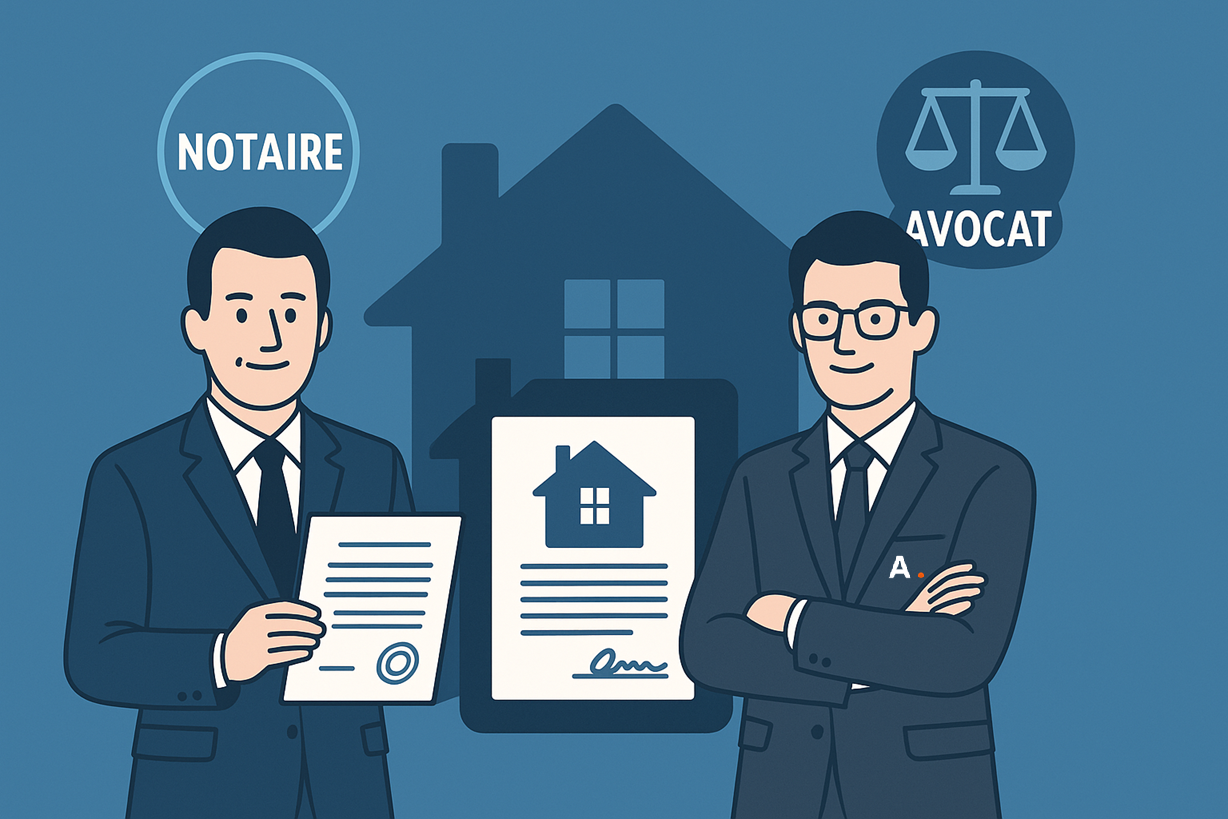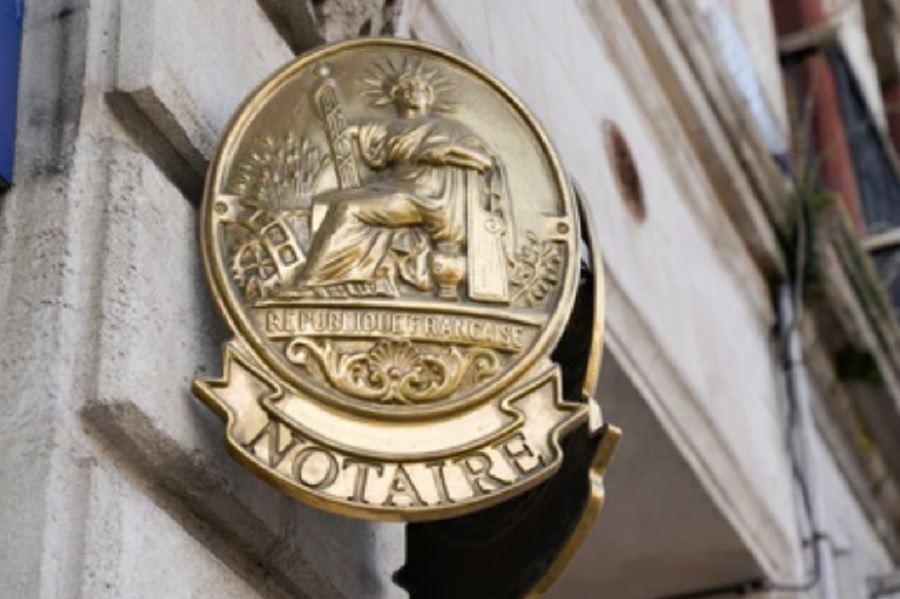Doing business in France : overview
France is an attractive country for entrepreneurs looking to do business in Europe. However, before entering the business world in France, it is important to understand the key legal and regulatory aspects that govern commercial activities in the country.


Legal framework
France has a complex and sophisticated legal system that regulates commercial activities. Commercial and tax laws are mainly governed by the Commercial Code, the General Tax Code, and the Companies Code. Companies looking to do business in France must therefore comply with these laws and regulations.
Legal status of the company
In France, there are different types of legal structures that entrepreneurs can adopt for their business, each with its advantages and disadvantages. The most common options include the SARL (Limited Liability Company), SAS (Simplified Stock Company), and SA (Anonymous Company).
The SARL is the most common form for small and medium-sized businesses in France. It offers great flexibility in terms of management and structure but is subject to restrictions in terms of ownership and share transfer.
The SAS is another popular choice as it offers great freedom in terms of structure and management. It is particularly suited to venture capital and start-up companies.
The SA is a more complex and rigid structure mainly used for large companies listed on the stock exchange.
Company formation formalities
To set up a business in France, entrepreneurs must follow certain formalities. They must first draft company statutes and have them registered with the commercial court registry. They must also open a professional bank account, obtain a SIRET number, and register with various administrations such as URSSAF for social contributions.
Tax system
The French tax system is also complex and can be a challenge for companies looking to do business in the country. Companies are subject to different types of taxes such as corporation tax, VAT, professional tax, corporate property tax, etc.
It is important for companies to understand the different taxes and fiscal charges they are subject to, as well as the different exemptions and tax deductions available.
Labour law
Labour law in France is also strict and complex. Employers must comply with strict rules regarding working hours, wages, paid leave, workplace safety, etc. Employers must also comply with collective agreements, which are negotiated at the sectoral level.
Entrepreneurs must be aware of the legal obligations related to employment in France, particularly in terms of minimum wages, social contributions, paid leave, etc.
Commercial relations
Commercial relations in France are governed by strict rules regarding competition. Companies must comply with antitrust laws and avoid any anticompetitive practices such as agreements, abuses of dominant position, discriminatory practices, etc.
Companies must also comply with consumer protection rules, such as advertising rules, distance selling rules, rules regarding warranties and product returns, etc.
Cultural aspects
Finally, entrepreneurs must be aware of the cultural differences that can affect business activities in France. France has a distinct business culture characterized by close business relationships and a preference for long-term partnerships.
Entrepreneurs must therefore be prepared to establish personal relationships with their French business partners and show patience and diplomacy in their business interactions.
France is an attractive country for entrepreneurs looking to do business in Europe. However, it is important to understand the key legal and regulatory aspects that govern commercial activities in France. Companies must comply with commercial and tax laws and regulations, as well as consumer protection and competition rules. Entrepreneurs must also be aware of the cultural differences that can affect business activities in France.
About the Author :
Business lawyers, bilingual, specialized in acquisition law; Benoit Lafourcade is co-founder of Delcade lawyers & solicitors and founder of FRELA; registered as agents in personal and professional real estate transactions. Member of AAMTI (main association of French lawyers and agents).
FRELA : French Real Estate Lawyer Agency, specializing in acquisition law to secure real estate and business transactions in France.
Paris, 19 Rue du Colisee, 75008 Paris
Bordeaux, 78 Cours de Verdun, 33000 Bordeaux
Lille, 40 Theater Square, 59800 Lille





